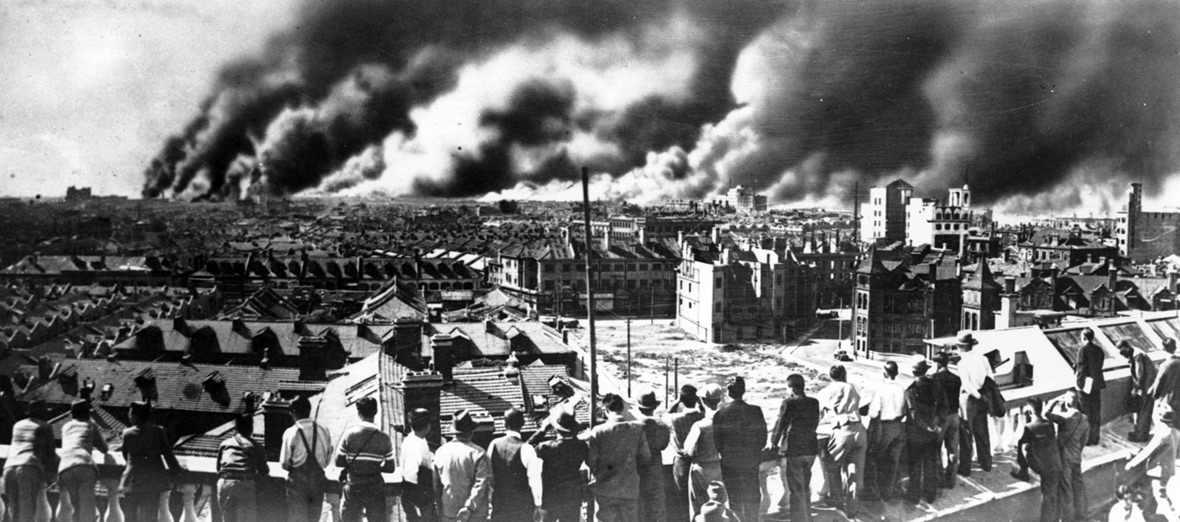In pictures: The Second Sino-Japanese War and Nanjing Massacre
China is marking the 80th anniversary of the Nanjing Massacre in which it says Japanese troops killed 300,000 people.
China is marking the 80th anniversary of the Nanjing Massacre in which it says Japanese troops killed 300,000 people. A postwar Allied tribunal put the death toll at 142,000, mostly civilians killed by Japanese troops entering China's then capital on 13 December 1937, following bitter street fighting in Shanghai. Some right-wing Japanese politicians, including Prime Minister Shinzo Abe, have downplayed the death toll or denied outright that the massacre even happened.
The events in Nanjing came six years after Imperial Japan had invaded Manchuria, setting up a puppet state. Years of skirmishes between Japanese and Chinese troops escalated into all-out war in July 1937. The Second Sino-Japanese War, considered by many to be the start of the Second World War, resulted in the deaths of between 10 and 25 million Chinese civilians from war-related violence or famine.
By August, the Japanese army had advanced on Shanghai and a months-long battle ensued, finally enabling Japanese forces to capture the city.



On 1 December, the General Staff Headquarters in Tokyo ordered troops to take over Nanjing, or Nanking as it was then known. Realising there was no chance of winning the battle, Chiang Kai-shek, the leader of the Republic of China, withdrew his troops from the city leaving it virtually defenceless. On 13 December, the Japanese Army entered Nanjing. What happened next is disputed.
Eyewitness accounts say that over the next six weeks, Japanese troops engaged in mass rape, murder, theft, arson and other war crimes. The few photos that exist are evidence of these atrocities, and of the massacre itself. Piles of bodies are seen being buried in mass graves or deposited in the Yangtze River.
By the end of these six weeks, around one-third of the city had been destroyed, as Japanese troops torched government buildings as well as citizen' homes.







The violent spree known as the Rape of Nanking finally ceased in late January 1938, when the Japanese army established a collaborative government. Japan continued to occupy parts of China throughout the Second World War, until finally surrendering to Allied forces in 1945 after the bombing of Hiroshima and Nagasaki.
China has frequently criticised Japan for not showing sufficient contrition for the brutality of its expansionist campaign that swept across Asia during the first half of the 20th century. Denial by conservative Japanese quarters of the country's wartime history has frequently incensed neighbours that bore the brunt of its militarism and colonial rule, including China, South Korea and the Philippines, and it continues to fuel debate in contemporary Japan.
Chinese officials struck a tempered tone on the 80th anniversary of the massacre, saying China would "look forward" and deepen friendship with its neighbour despite historical misgivings. President Xi Jinping led a city-wide minute of silence but did not speak at the commemoration. Yu Zhengsheng, head of China's parliamentary advisory body, did not touch on the historical controversies but urged China and Japan to draw lessons from history and look forward to the future.






















